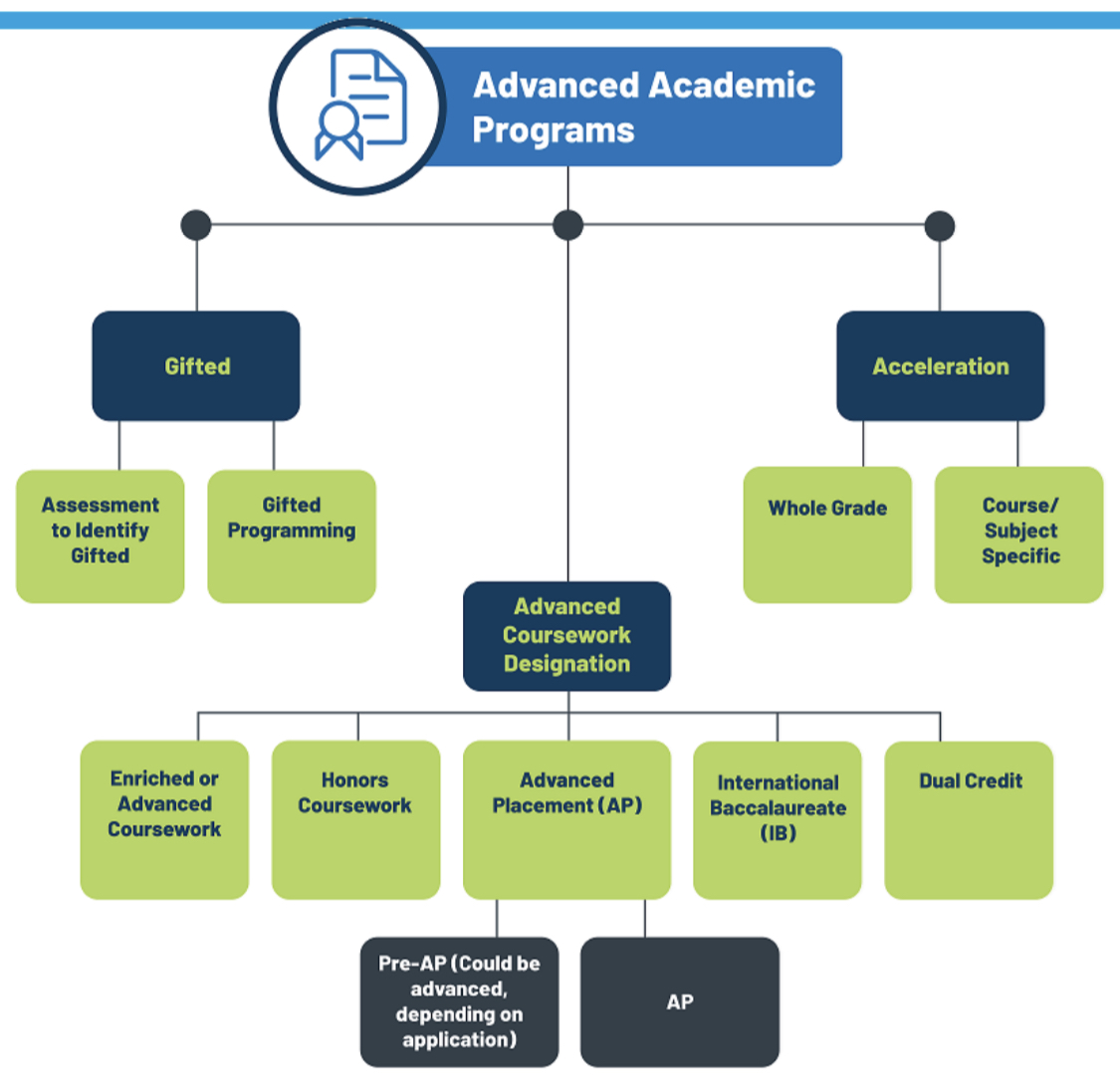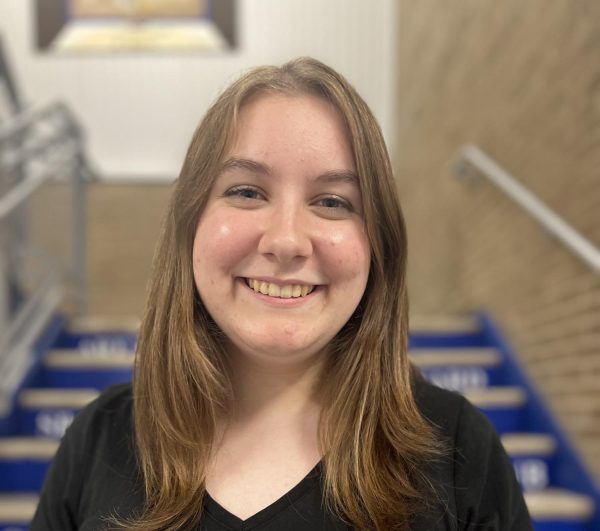Course selection is changing with the Accelerated Placement Act. Though the ultimate decision still lies with the parents and students, automatic placements for classes will now occur based on test scores, not teacher recommendations.
This change comes from Public Act 101-0654 which amended the Illinois school code. The amendment means that a school district must automatically enroll students into the next most advanced course if a student meets or exceeds state standards on standardized tests. Cara Stronsky, counselor, believes that the Accelerated Placement Act could be helpful for some schools but that it is more of a hindrance than a help in Lake Zurich.
“I understand the intention of it, I really do, because not all schools have the programming and the opportunities that we have. I understand for equity’s sake, and for opportunity’s sake that it’s nice to ensure that students are seeing that they have this potential that maybe they haven’t tapped into yet,” Stronsky said. “I think in our district, we already do a really great job of that and make sure that students are taking the classes that they can and want to take.”
Though Stronsky says that the counselors and teachers are doing their best to advise students to take appropriate courses, Zach Gimm, assistant principal of academics, assessment, and innovation, believes there will be more students enrolled in Honors and AP courses in the coming years due to the change.
“We’re just looking at the number of students who are going to be involved in Honors English I; [it will] probably have at least two more sections. That might come back a little bit as the students experience it, you might get some [students who] go to CP for their second year of English, but it’s gonna be an interesting transition. But I definitely expect more students in honors classes,” Gimm said.
Despite the increase in recommendations for advanced courses, students still have the option to opt-out or opt-in to higher level classes through a form that parents/guardians can fill out until February 13. After this date schedule adjustments may not be possible due to scheduling constraints. Eryss Bullock, junior, will need to take advantage of these forms to fix the many issues she had with her courses.
“A lot of my placements are kind of inaccurate to how I score as a student. I’m being placed in a lot more advanced classes than I think I should be placed in due to how I perform. I think with removing teacher input on this, a lot of students are also being misplaced in things like math where they’re getting placed into AP, and completely skipping honors,” Bullock said. “As for me, I [feel the] need to drop down to CP [even though] I’m being suggested for the most advanced math.”
Along with standardized tests now ruling recommendations, SchooLinks is now being used to help students design their schedules. Bullock said that the new website had a system that could have made it easy to select every class you want, but complications in the website made it difficult to use. Additionally, Bullock believed the new platform was too much of a change along with the new method of course recommendation.
“I’ve had several friends visit their counselors to try and fix errors within their schedules. The website’s very hard to navigate for many and there were flaws within it where you’re allowed to apply for classes without prerequisites. I’ve had friends [become] upset over that and how their classes aren’t what they want. And it’s just overall a really stressful thing,” Bullock said.
Students are not the only ones stressed over the changes; administration, counselors, and teachers are all working to get schedules correct and make sure the next school year goes smoothly.
“We got a lot of overwhelm from students. Luckily, our students are amazing and they’re super gracious with us. So when they come in and they have questions, it doesn’t take a lot to get everyone regulated and to say ‘it’s gonna be fine, here’s a piece of paper, let’s write it out, and we’ll make sure everything is as it’s supposed to be,” Stronsky said. “With everything being so new, there were just so many questions that we had, so many questions students had, so many questions parents and staff and everyone else had. It was just a lot at once.”
The decision to use SchooLinks for course registration came in October, leading to a quick turnaround for all involved, according to Stronsky. Though there were some errors due to the quick timeline, Stronsky still believes that SchooLinks will be beneficial for course registration in the future. Next year, teachers will need to adapt to the changes the Accelerated Placement Act and SchooLinks brought to course registration as well.
“As a result of increased enrollment in honors and AP classes, [we have been discussing] the ways that we can support students who may not have traditionally been there. The teachers know this is going to be happening, we’ve had these conversations as well: what will my instruction look like with maybe a slightly different student population?” Gimm said.
Gimm said that along with teachers coming up with ways to cater to students that might not be used to the rigor of advanced coursework, the school has been trying to identify other ways to help students.
“The structure of the units [might] take a different shape; there’s going to be more opportunities [for help],” Gimm said. “I wouldn’t be surprised if we saw an increase in the use of office hours or the resource centers to best serve students who may be trying to challenge themselves in a way they traditionally have not. We want them to do that.”


